“Smart Enough to Get It”: How Schools, Services, and Silence Left My Son Adrift
My son has always had trouble focusing in school, committing to long-term projects, and participating in social groups. We had him screened for disabilities in kindergarten, and he was diagnosed primarily with Generalized Anxiety Disorder. The psychiatrist was kind enough to also diagnose him with secondary ADD, so that the schools would actually work with him. He explained that anxiety would most definitely exacerbate any symptoms of ADHD. Our son also showed signs of OCD.
(As an important side note: He’s seen a few different therapists, but never quite clicked with one. Still, I know they helped him more than he realizes — just having someone neutral to talk to. He even worked through an intense bout of OCD largely by himself. The therapist was amazed.)
He was given a 504 plan initially, while simultaneously being placed in CLUE to be challenged academically — he tested with a high IQ. They figured he was also pretty bored in “average” classes. He stayed in Honors classes throughout high school and had an IEP that gave him more time on tests and some flexibility with assignments.
We tried to avoid medication for as long as possible, but eventually had to try something to help him focus and feel less anxious. Even with that support, homework wasn’t always turned in, tests weren’t always passed, and class participation was close to nil.
Then COVID hit in 8th grade. He missed his entire first year of high school in person — and never had a chance to learn how to socialize or integrate into that world. It’s affected him enormously. He’s nearly 20 now and has no close friends.
I want to say the schools, from elementary through high school, tried to help. I really do. But the lack of resources meant they relied too heavily on the hope that he would just “get it.” That he would somehow know what to do, how to take initiative, how to self-regulate. But if he could just do that, he wouldn’t need an IEP.
I believe it takes a village — but our village is stretched so thin, it can’t help the way it wants to. As a single mom, I did everything I could. I worked full time and tried to keep up with my own self-care and social life. Maybe that was selfish. But I also believe: to be the best for your kids, you have to take care of yourself.
His father and stepmother helped 50% of the time. I truly feel we all did what we could, with what we knew, and with the limited resources we had.
My son is so intelligent and creative. So why didn’t the schools build on his strengths? He even attended a project-based high school — and still felt so alone. Every counselor said, “He knows to come to my office once a week to go over everything — but he didn’t.”
Did you go to him?
Yes, he has strong coping mechanisms — mostly self-taught, with my support. But it’s not ENOUGH.
He refuses medication now. Not because he’s fine — but because he doesn’t want to be seen as someone who needs help. Because the educators, counselors, and clinicians who were supposed to support him sent the message — over and over — that he was capable enough to manage on his own. That if he couldn’t succeed independently, it must be a lack of effort — not a sign that he needed different tools or consistent support.
Because when the IEP meetings ended, when the accommodations weren’t enforced, when no one came to check on him even after he stopped showing up — what he learned wasn’t resilience.
He learned to disappear.
And now? I’m still frustrated. He doesn’t seem motivated in college. I check in every day. He’s honest about feeling lost. He’s not ready to manage a job while in school. He needs one — for structure, confidence, income, and growth — but no one has taught him how to navigate that leap. Not school counselors. Not therapists. Not academic advisors. Not the workforce programs that don’t consider mental health at all.
He WANTS to be independent. He WANTS freedom like a typical 19-year-old should.
But here we are — stuck.
Wondering why the hooks of school, work, and community haven’t drawn him in — why they hurt instead.
We are lost at sea in the middle of nowhere, yet anchored, floating on an isolated spot of choppy waters — standards of society showing us we are just not good enough.
